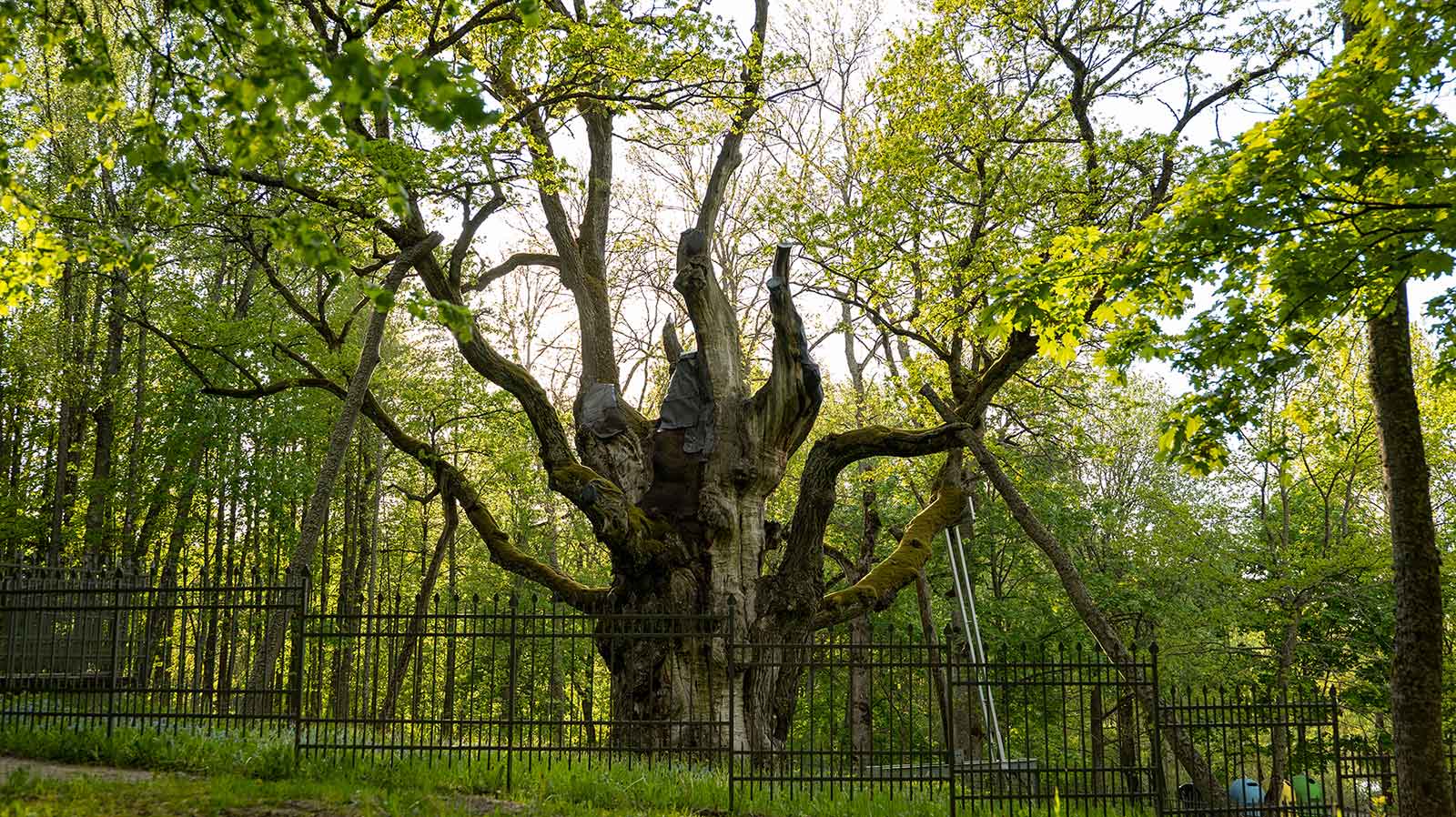When Lithuania gained independence from Russia in 1990 and joined the European Union in 2004, like most Eastern European countries it had an extensive district heating network to which more than half of the households were connected. It was almost entirely fuelled by Russian natural gas or heavy fuel oil. Thanks in part to support from EU structural funds, the country was able to switch to as much as 70% renewable energy within three years. “A world record, both in speed and scale,” Sigitas Rimkevičius, director of the Lithuanian Energy Institute, calls it.
During this energy transition, energy remained affordable; prices even dropped, mainly thanks to local biomass and technological advances. Local biomass used for district heating costs on average only a third of natural gas. This is possible thanks to the presence of gigantic forests in the country. “Lithuanian forests are among the most suitable in the world for the production of wood,” says Dr Valdas Lukoševičius, President of the Lithuanian District Heating Association. “So we can use surplus biomass from the wood industry. So not only is that cheaper and more climate-friendly, it also makes us independent in our energy supply.”
Beyond biomass
However, the increasing demand for biomass from abroad is making wood an increasingly scarce resource, putting pressure on prices. Therefore, the country is already looking at the next phase. In the coming months, some of the simple biomass boilers will be replaced by more efficient CHP plants that combine heat and power production. Solar energy is also being considered for the production of hot water during the summer months. This can only be done by lowering the operating temperature in the grid and reducing heat losses.
In the small town of Šalčininkai (population approx. 7000) in south-east Lithuania, a pilot project is being launched to improve efficiency. There, the old Soviet steel pipes are being replaced by pre-insulated pipes (flexible or non-flexible), with significantly better insulation. This so-called “Upgrade DH” project is funded by the European Union’s Horizon 2020 research and innovation programme. The Šalčininkai District Heating Company and the Lithuanian District Heating Association are participating. It is expected that the insights and lessons learned from the town will be replicated across Europe.
For the foreseeable future, all government support for biomass will be scrapped. New subsidies for smart solutions in combination with solar energy and heat pumps are in the pipeline. Valdas Lukoševičius: “We need all the support we can get for the transformation. Our government in Vilnius is ready, but the EU has to give the green light. Then the Lithuanian energy transformation record challenge can continue.”
Image at top: The monumental oak tree of Stelmuze, Lithuania (medijucentras/Shutterstock)



